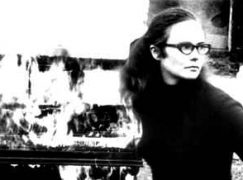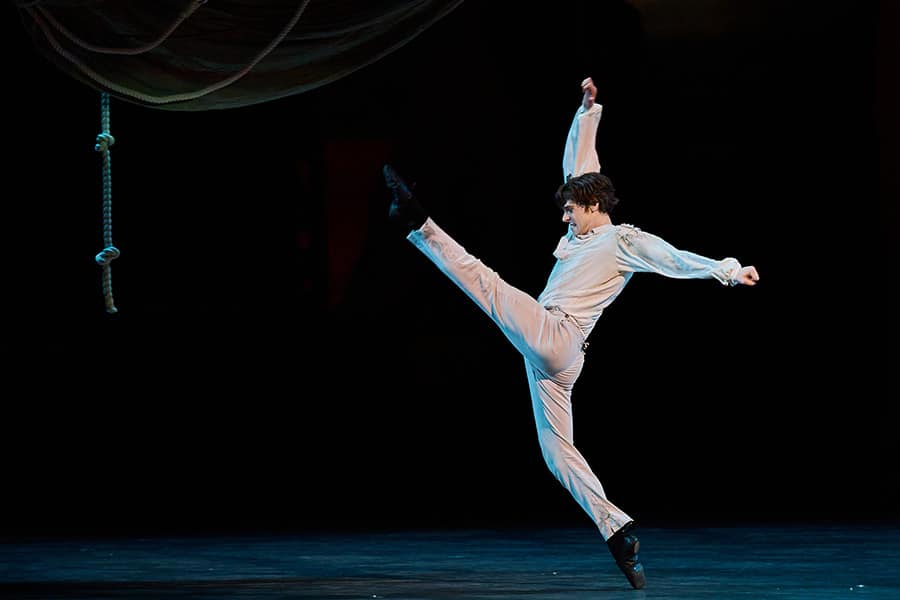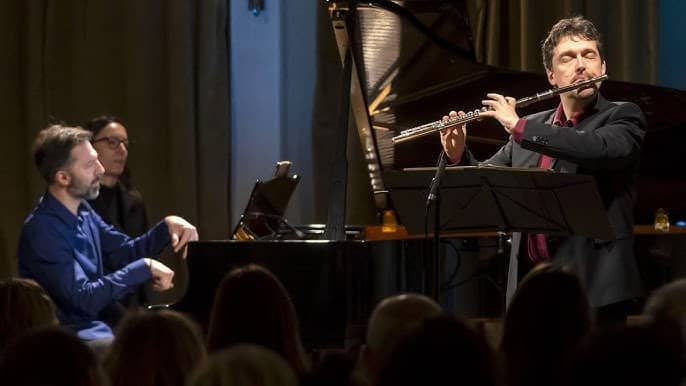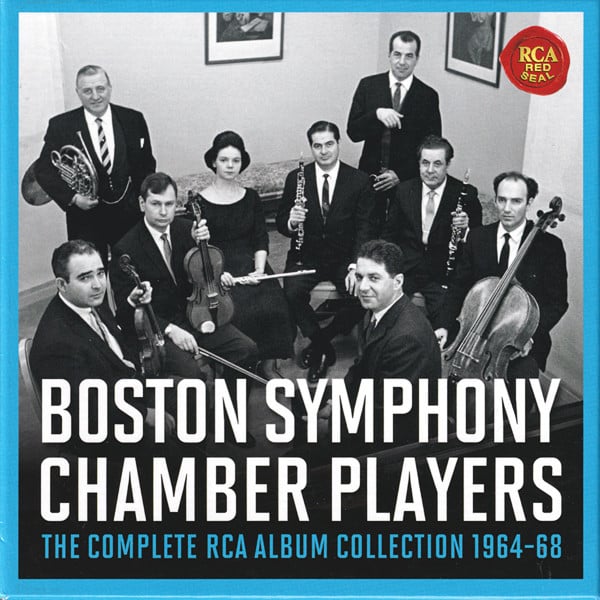This composer burns her pianos
mainMany composers are known for writing music on pianos. Composer Annea Lockwood is better known for burning them.
On Wednesday afternoon, Lockwood shared insights about her compositional process with students in Department of Music visiting lecturer Kerry O’Brien’s experimental music seminar, “American Experimental Music in the Long 1960s.” Throughout the semester, students study six collections of experimental music, concluding with the collection “Women’s Work,” co-edited by Lockwood and featuring the piece “Piano Burning.”
“It’s a rare opportunity to have a dialogue about this history with someone so plugged into this scene,” O’Brien said.
More here.






An expression of female rage about male dominance of the avantgarde field? Disappointed about her piano lessons? Attempt at a new tuning system? Populist attack upon a symbol of civilization, or anti-European gesture? Or resulting from a failed attempt to play Scriabine’s “Vers la flamme”?
In his ‘experimental period’, JB tried this out with his Blüthner Grand, but then he found-out he could do it only once.
I for my part greatly appreciate this work of concept art. There are a couple of instruments here which would find a warm welcome in this season if played in this way.
Sally
You need a c 1795 Broadwood, it burns great as it has no metal frame
Was that the piano that Schumann smashed up when he came home totally pi55ed?
Nope, Schumann owned a Streicher which Brahms ended up with, it had no metal frame either but had a bigger compass than the 95 Broadwood. Metal frames came in about 1850 from US, before that they were limited by the wood bracing many collapsed under Liszt’s antics, LVBs was knackered a year after he received it as he did not ask the Broadwood tuner back again.
Pardon my ignorance,but who is JB?
Mental/intellectual diarrhoea, suffers she.
Not to mention multiple personality disorder.
Rather like Schumann returning home totally Brahms and Liszt and cleverly managing to wreck his piano……
I have a score by Philippe Hurel to which she’s welcome…
Just send me her address.
It could have been another woman who burns pianos, but I remember seeing something on TV about this maybe 3 years ago. I wonder if it has occurred to her that this spectacle will always be what she is known for, and if so does it bother her?
The was a Japanese piano burning video going around a few years back. Maybe that was it. On a beach, I think.
It’s a genre:
http://www.youtube.com/watch?v=5zYxYPv12mA
http://www.youtube.com/watch?v=O2PIi8lDQn4
http://www.youtube.com/watch?v=2wj2l4JFa1Q
http://www.youtube.com/watch?v=TAdybsbSCOE
http://www.youtube.com/watch?v=aHSnoadY5K8
Theatrical gestures presented as ‘art’, demonstrating the hatred of symbols of artistic achievement. It seems to me that it is a form of populism, which had entered into the field of art, under the pressures to make ‘art ‘ les ‘elitist’.
And there’s plenty more where those came from. No comment.
That’s Moses’ jam
In former, slightly less insane times, such things would never be considered art, let alone music. Since the boundaries of art and music have been extended to include the truly, wholeheartedly crazy, as to be more fair to the talent-challenged, it can now count as an ‘artistic deed’ and draw an audience, maybe even funding, and the ‘maker’ can parade as an ‘artist’. People protesting that it is nonsense, can then be labelled as ‘conservatives’ who ‘don’t understand’ and ‘are not of their times’. The ‘provocation’ is not the deed itself which is merely idiotic, but the assumption that understanding is required to avoid being conservative and outdated.
How long will people be fooled by such juvenile nonsense?
Summed up to perfection.
God only knows. Poor bugger
Not for much longer. People are starting to understand, and this nonsense will end sooner or later.
I hope she left her only copy of the score on the piano.
This is the greatest pianist ever.
https://www.youtube.com/watch?v=WWDphFwocAM
Agreed LD was brilliant
Seems that in the 19th pianos didn’t seem to last long–no need for pyromaniacal “composers”
I reckon that old LVB put paid to quite a few pianos….
Talking about burning instruments. In the 18th century, in France it was the harpsichord that was very popular, in spite of the upcoming fortepiano, the forerunner of the piano as we know it today. The impressive repertoire of Couperin and his followers was one of the reasons. When the revolution washed away nobility, all harpsichords which were found at the many castles and Parisian homes were put in a big storehouse to be used as instruments for a conservatoire to be set-up ‘pour le peuple’. But one very cold winter changed the plans and the revolutionairies considered that these instruments were better be put to the peuple’s use as fuel. Nobody protested.
There is no common conclusion about numbers:
https://books.google.nl/books?id=lAqEkyC43-kC&pg=PA51&lpg=PA51&dq=French+revolution+burning+of+harpsichords&source=bl&ots=D19BGjiNS2&sig=5U5pmdM6VSiO8CMn-S7rIgOt5IQ&hl=nl&sa=X&ved=0ahUKEwiAjZal7uvXAhWDJFAKHRiYDnQQ6AEIOjAG#v=onepage&q=French%20revolution%20burning%20of%20harpsichords&f=false
The Fortepiano was not really developed much in France pre 1789, London had all the main makers from Schudi, Kirkmann, Clementi, Broadwood, who patented the pedal, Pleyel and Erard came much later.
I own a Clementi square once played by John Field who had a demo job in Clementi’s shop.
Must be great to play it……
John Field was also of course a wonderful composer for the instrument.
Like skeletons copulating on a tin roof?
This sort of theatrics has been done before. With books, for instance. Germany, circa 1934.
Indeed. The book burning in the thirties was motivated by irrational hatred, the burning and destruction of musical instruments within the context of ‘modern music’ has comparable motivations but is disguised as ‘art’. Both endeavors are practiced by people with ambitions but without talents, and were helped by the nonsense of John Cage who provided the manuals. His ideas opened the doors to the empty-heads who finally saw an opportunity to sport their deficiencies as assets.